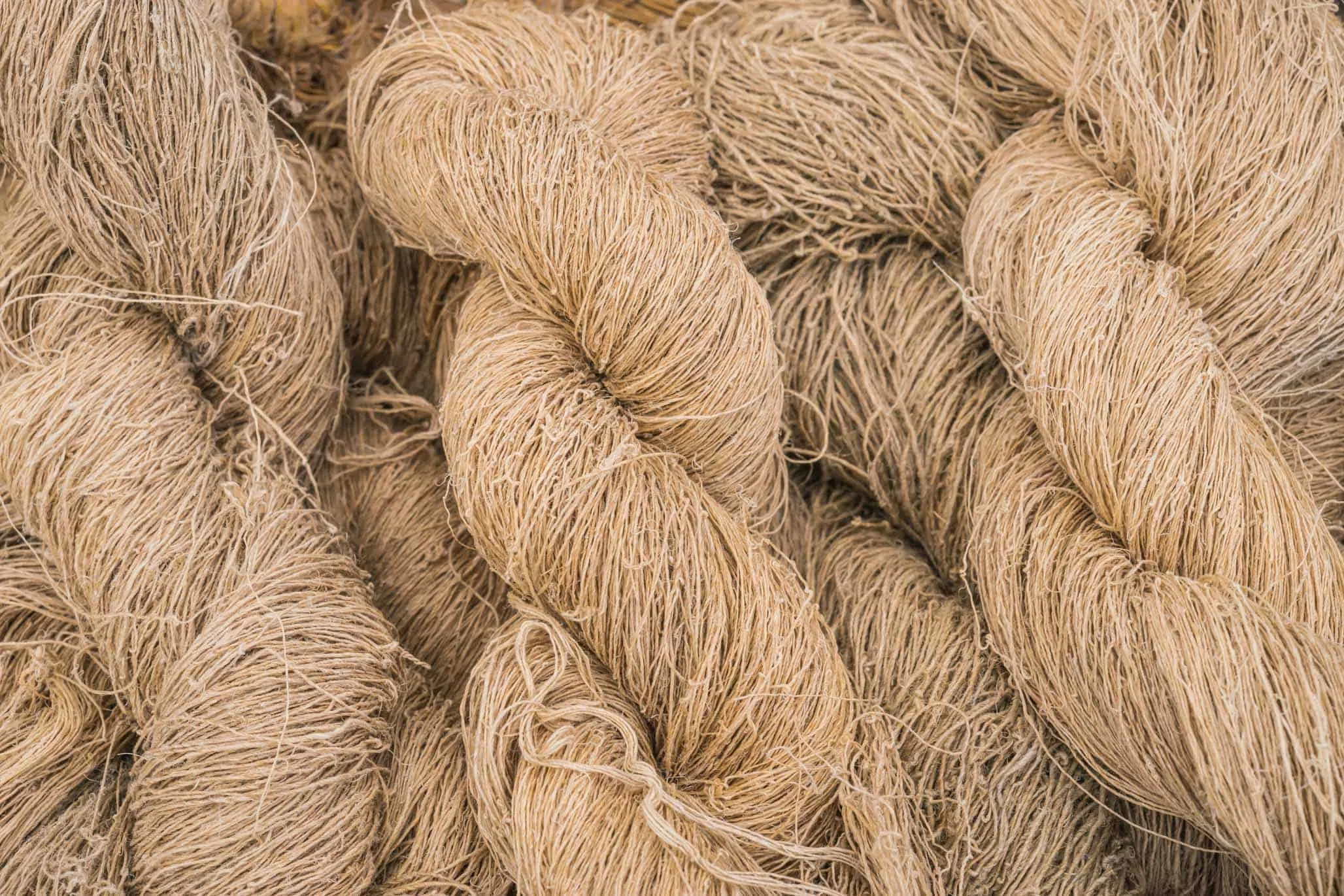South Dakota is emerging as a leader in industrial hemp production, driven by innovators, who are working to build out the supply chain from farming to processing and manufacturing.
Hemp absorbs large amounts of carbon dioxide and can be turned into durable, eco-friendly products like hempcrete, textiles, and bioplastics—making it a strong contender in the fight against climate change. Experts estimate that if just 18% of South Dakota’s farmland were used for hemp, it could remove as much carbon as controversial carbon pipeline proposals, with less risk and more local economic benefit.
Despite its promise, industrial hemp in South Dakota faces challenges. The state was slow to legalize hemp after the 2018 Farm Bill, largely due to political resistance, and there are still regulatory hurdles such as THC testing and background checks. Advocates argue that with government support—similar to what corn-based ethanol received—hemp could transform rural economies, decentralize manufacturing, and reward farmers more directly.
Photo Credit: Textile Exchange

Comments